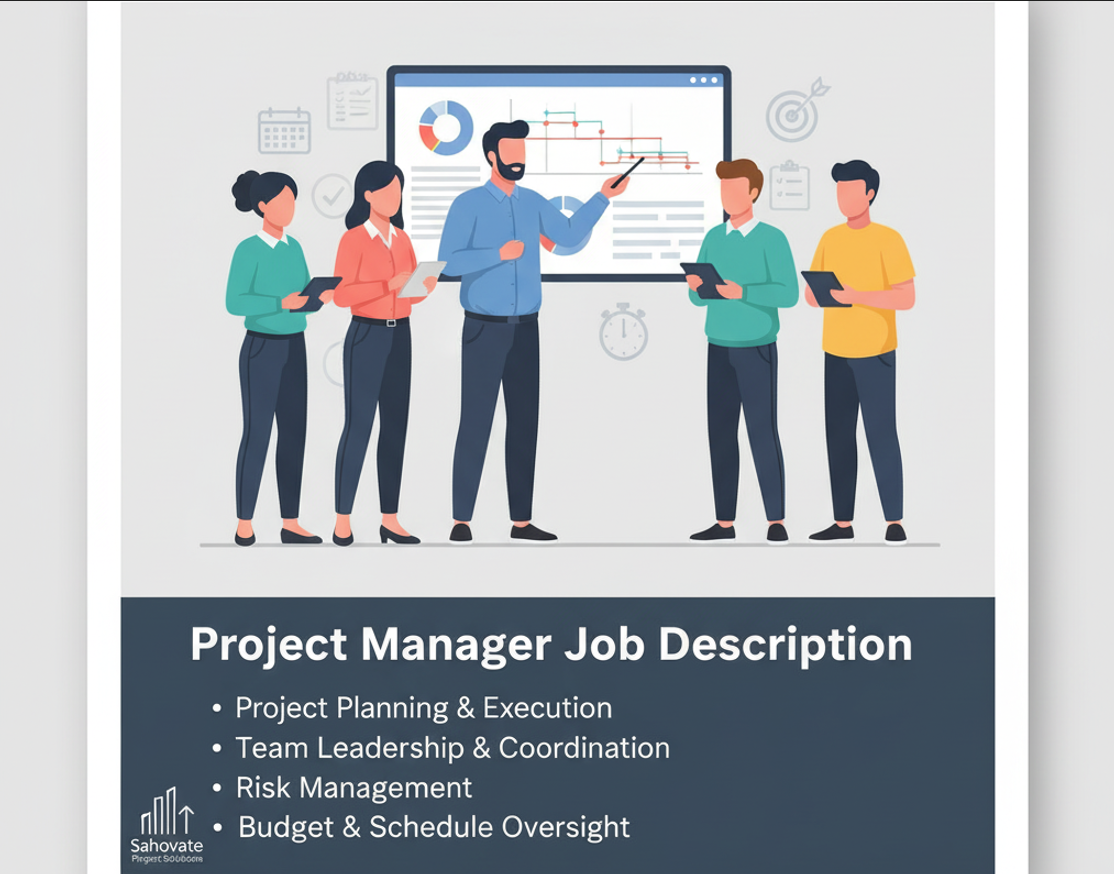Software Developer Job Description – Roles, Responsibilities, Salary
Hello, dear readers! At Foniatz.com, we’re passionate about helping you navigate the exciting world of careers, especially in emerging markets like Tanzania. Whether you’re a fresh graduate eyeing your first tech role or a seasoned professional looking to switch gears, we’re here to provide fresh, insightful content tailored just for you. Today, we’re delving into the job description of a Software Developer in Tanzania, exploring the roles, responsibilities, and salary expectations. We hope this guide empowers you to make informed decisions and chase your dreams in the tech industry.
Understanding the Role of a Software Developer in Tanzania
In Tanzania’s rapidly growing digital landscape, software developers are the backbone of innovation. With the country’s tech sector booming thanks to initiatives like the Digital Tanzania program and increasing investments in startups, there’s never been a better time to pursue this career. A software developer designs, codes, tests, and maintains software applications that solve real-world problems, from mobile apps for local businesses to enterprise systems for government services.
What sets software development in Tanzania apart is the blend of global best practices with local needs and requirements. Developers here often work on projects that address unique challenges, such as improving agricultural tech for smallholder farmers or enhancing mobile banking in rural areas. If you’re tech-savvy, creative, and enjoy problem-solving, this role could be your perfect fit.
Key Responsibilities of a Software Developer
Software developers in Tanzania wear many hats, depending on the company size and project scope. Here’s a breakdown of typical responsibilities:
- Coding and Programming: You’ll write clean, efficient code using languages like Python, Java, JavaScript, or C++. In Tanzania, there’s a growing demand for developers skilled in mobile development (e.g., Android with Kotlin) due to the high mobile penetration rate.
- Software Design and Architecture: Collaborating with teams to design system architectures. This might involve creating scalable solutions for e-commerce platforms or data management systems for NGOs.
- Testing and Debugging: Ensuring software is bug-free through rigorous testing and debugging. Tools like Selenium or JUnit are standard, and in local contexts, you might test for compatibility with varying internet speeds in urban vs. rural Tanzania.
- Maintenance and Updates: Following the launch, you’ll handle updates, resolve issues, and optimize performance. With Tanzania’s evolving regulatory environment (like data protection laws), compliance is key.
- Collaboration and Communication: Working with cross-functional teams, including designers, project managers, and stakeholders. In Tanzanian firms, this often means adapting to multicultural teams or remote collaborations with international partners.
- Research and Innovation: Staying updated with trends like AI, blockchain, or cloud computing (e.g., AWS or Azure). Many developers contribute to open-source projects or local hackathons to build their portfolios.
Entry-level roles often focus more on coding, while senior positions involve leadership responsibilities, such as mentoring juniors or leading agile sprints.
Required Skills and Qualifications
To land a software developer job in Tanzania, most employers look for:
- A bachelor’s degree in Computer Science, Information Technology, or a related field from institutions like the University of Dar es Salaam or Tumaini University.
- Proficiency in programming languages and frameworks (e.g., React for front-end, Django for back-end).
- Soft skills, such as problem-solving, teamwork, and adaptability, are crucial in Tanzania’s dynamic startup scene.
- Certifications such as Oracle Certified Java Programmer or AWS Developer can give you an edge.
Experience-wise, freshers may start with internships at companies like Vodacom or local tech hubs like Buni Innovation Hub, while mid-level roles typically require 2-5 years of hands-on experience.
Salary Expectations for Software Developers in Tanzania
Salaries vary based on experience, location (Dar es Salaam pays higher than Arusha), and company type (multinationals vs. startups). According to recent data from Tanzanian job portals and industry reports:
- Entry-Level (0-2 years): TZS 800,000 to TZS 1,500,000 per month (about $300-$550 USD). Perks might include training programs.
- Mid-Level (3-5 years): TZS 1,800,000 to TZS 3,500,000 per month ($650-$1,300 USD), often with bonuses for project completions.
- Senior-Level (5+ years): TZS 4,000,000 to TZS 7,000,000+ per month ($1,450-$2,550+ USD), including benefits like health insurance, stock options in startups, or remote work flexibility.
Freelancers on platforms like Upwork can earn more, especially with international clients; however, local taxes and competition also apply. Keep in mind that Tanzania’s cost of living is relatively low, making these salaries go further.
Challenges and Opportunities in the Field
While rewarding, the role isn’t without hurdles. Power outages and internet instability can be issues, but they’re improving with investments in infrastructure. On the other hand, opportunities abound – from joining tech incubators to contributing to the achievement of sustainable development goals through software.
If you’re aspiring to this career, build a strong GitHub portfolio and network via events like Tanzania Tech Meetups.
Thank You for Choosing Foniatz.com
We’re thrilled you stopped by Foniatz.com, your ultimate destination for reliable, original career advice that puts you first. As the best website dedicated to empowering Tanzanian professionals and beyond, we strive to deliver content that’s not just informative but truly transformative. Best wishes on your journey to becoming a software developer. May your code run smoothly and your career soar to new heights! Stay tuned for more articles, and feel free to share your thoughts in the comments.




